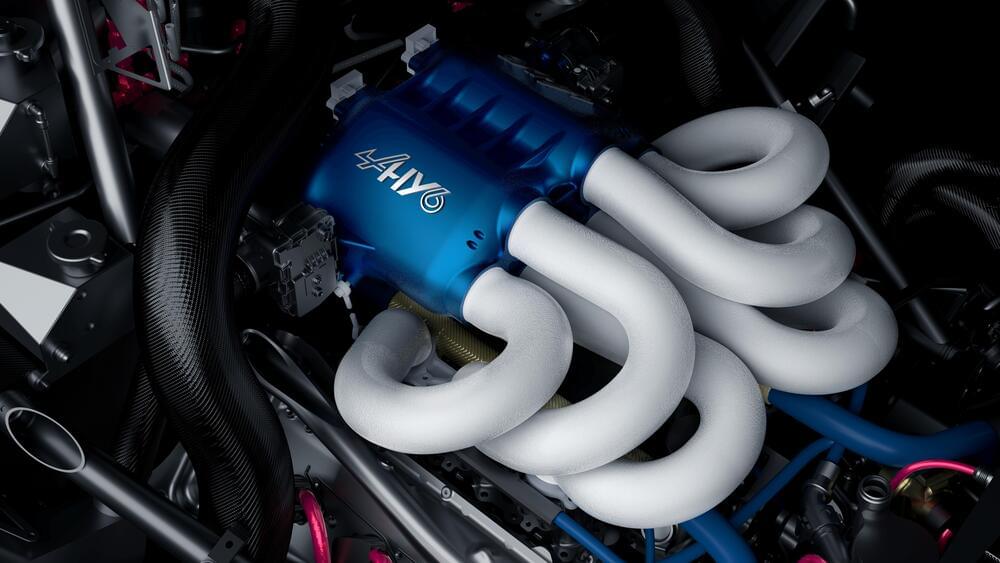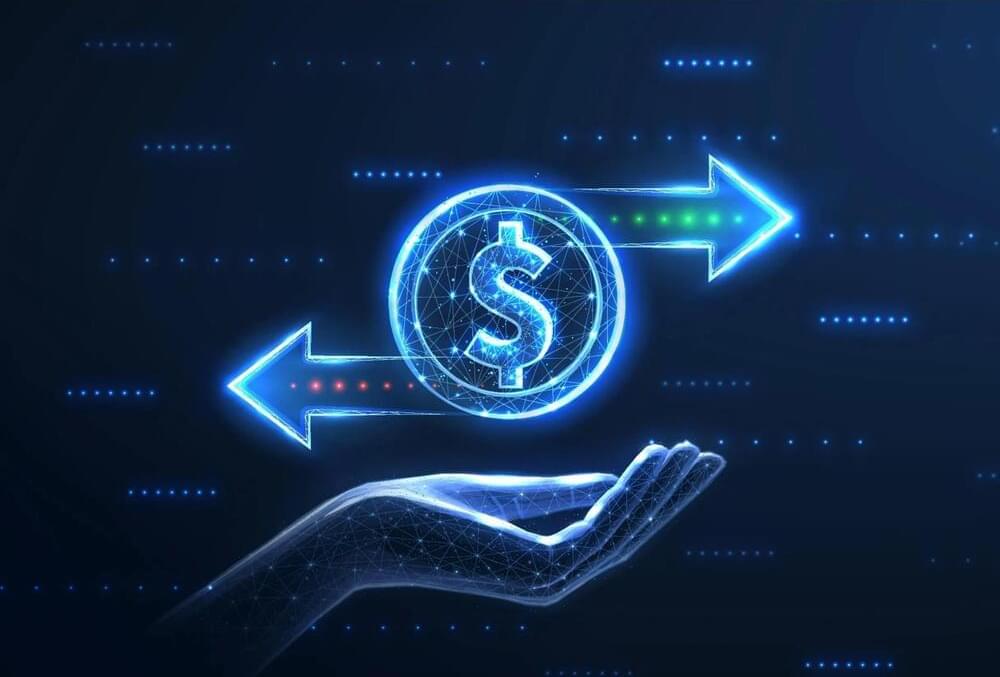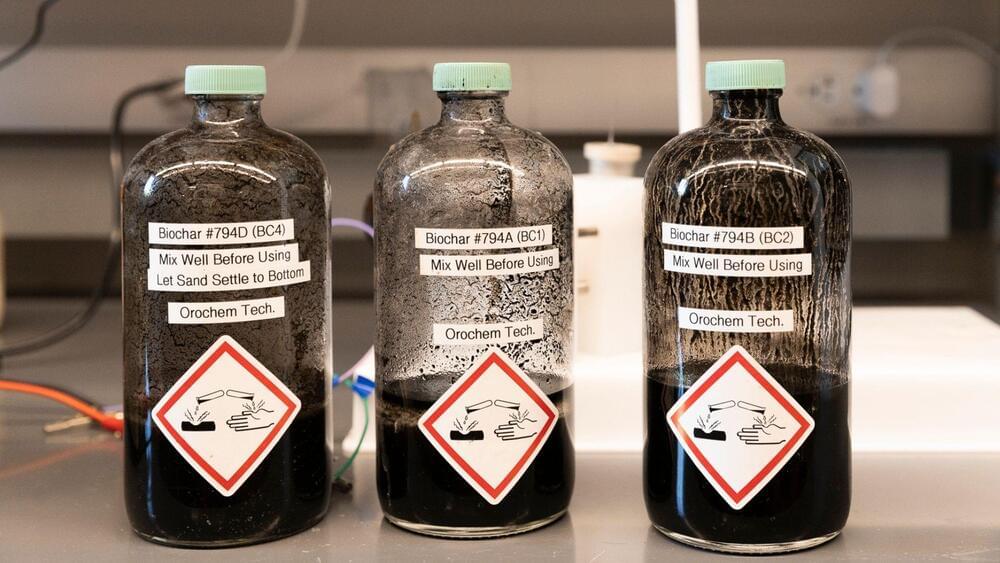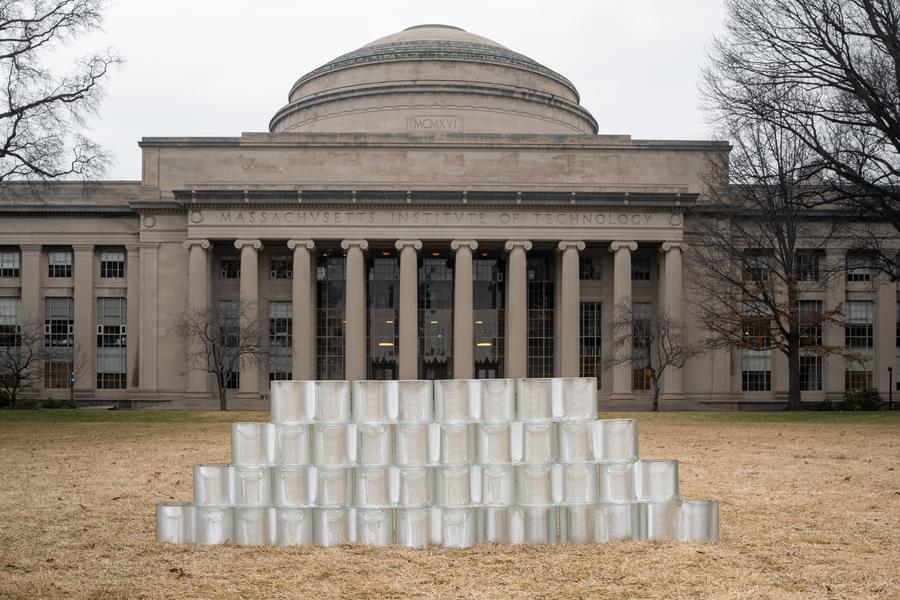Plants can emit electric potential when pulling water from their roots to nourish their stems and leaves.
Experiments showed that the electrical potential in plants varies in a cyclic rhythm that matches their daily biological processes. This potential increases with decreased ion concentration or increased pH in the fluid, linking it to the plant’s water transpiration and ion transport mechanisms.
“Our eureka moment was when our first experiments showed it is possible to produce electricity in a cyclic rhythm and the precise linkage between this and the plant’s inherent daily rhythm,” Chakraborty added. “We could exactly pinpoint how this is related to water transpiration and the ions the plant carries via the ascent of sap.”
Chakraborty also noted that not only did the researchers rediscover the plant’s electrical rhythm, articulating it in terms of voltages and currents, alongside potentially tapping electrical power output from them in a sustainable manner with no environmental impact and no disruption to the ecosystem.









